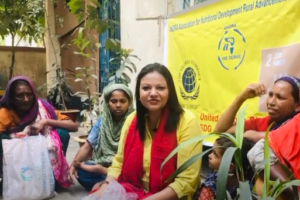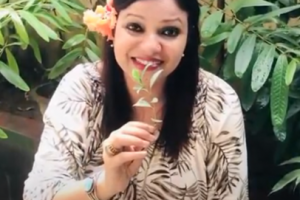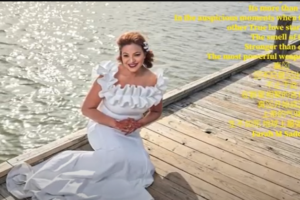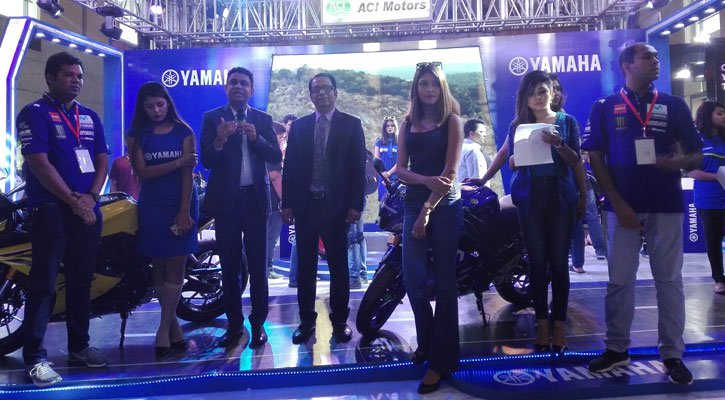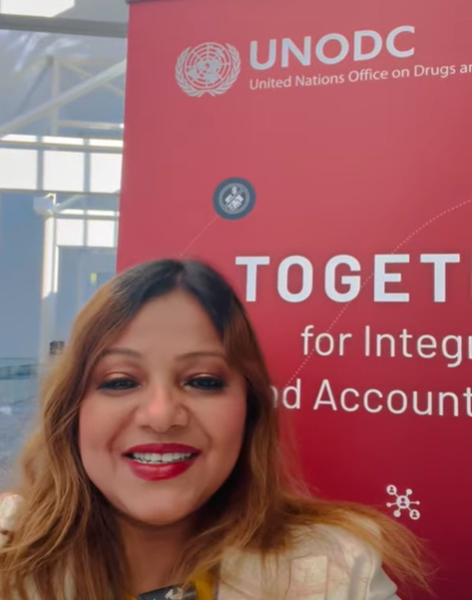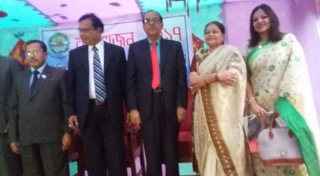Those expecting a ho-hum Grammys night were surely jolted awake Sunday when, just minutes into the show, Michelle Obama walked onto the stage hand-in-hand with Lady Gaga, Jada Pinkett Smith and Jennifer Lopez. They were joined by host Alicia Keys.
In the surprise appearance, which doubled as a moment of female solidarity the Grammys needed, Obama spoke to the crowd as it erupted in applause and cheers.
“All right, all right, we got a show to do,” Obama, who wore a loose-fitting shimmering silver jumpsuit, said playfully when the audience wouldn’t settle down.
“From the Motown records I wore out on the South Side to the ‘who run the world’ songs that fuelled me through this last decade, music has always helped me tell my story, and I know that’s true for everybody here,” she continued, referring to the Chicago neighbourhood where she was raised.
“Whether we like country or rap or rock, music helps us share ourselves, our dignity and sorrows, our hopes and joys. It allows us to hear one another, to invite each other in. Music shows us that all of it matters — every story within every voice, every note within every song. Is that right ladies?” she said as many in the crowd remained standing.
The moment could not have come at a better time for the show. Last year, the event, which has struggled to stay relevant, came under fire for a statement made by Neil Portnow, chief executive of the Recording Academy. Women in music should “step up” to advance their careers, he had said. The academy has since changed its membership and nominations process in efforts to address underlying problems of inequality.
On Sunday night, the women onstage with Obama spoke about how music gave them a space to explore who they are.
“They said I was weird, that my look, my choices, my sound, that it wouldn’t work,” Lady Gaga said. “But music told me not to listen to them. Music took my ears, took my hands, my voice and my soul, and it led me to all of you and to my Little Monsters who I love so much.”
Next, Pinkett Smith spoke. “We express our pain, power, progress through music — whether we’re creating it, or just appreciating it,” she said. “But here’s what I know: Every voice we hear deserves to be honoured and respected.”
Lopez closed out the segment. “Back in the Bronx, music gave me a reason to dance, from hip-hop to freestyle, pop, soul and salsa,” she said. “It kept me moving from the block to the big stages and even bigger screens. It reminds me where I come from, but it also reminds me of all the places I can go. Music remains the one place we can all feel truly free.”





